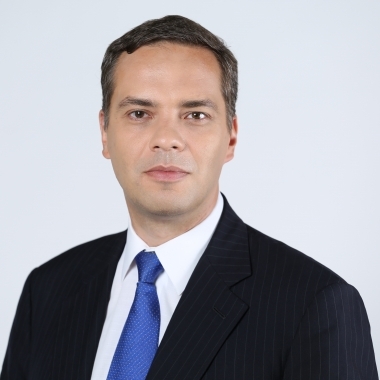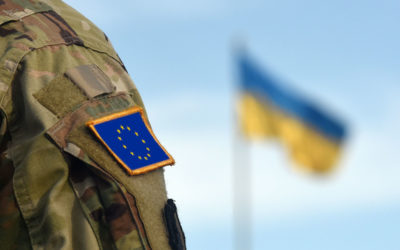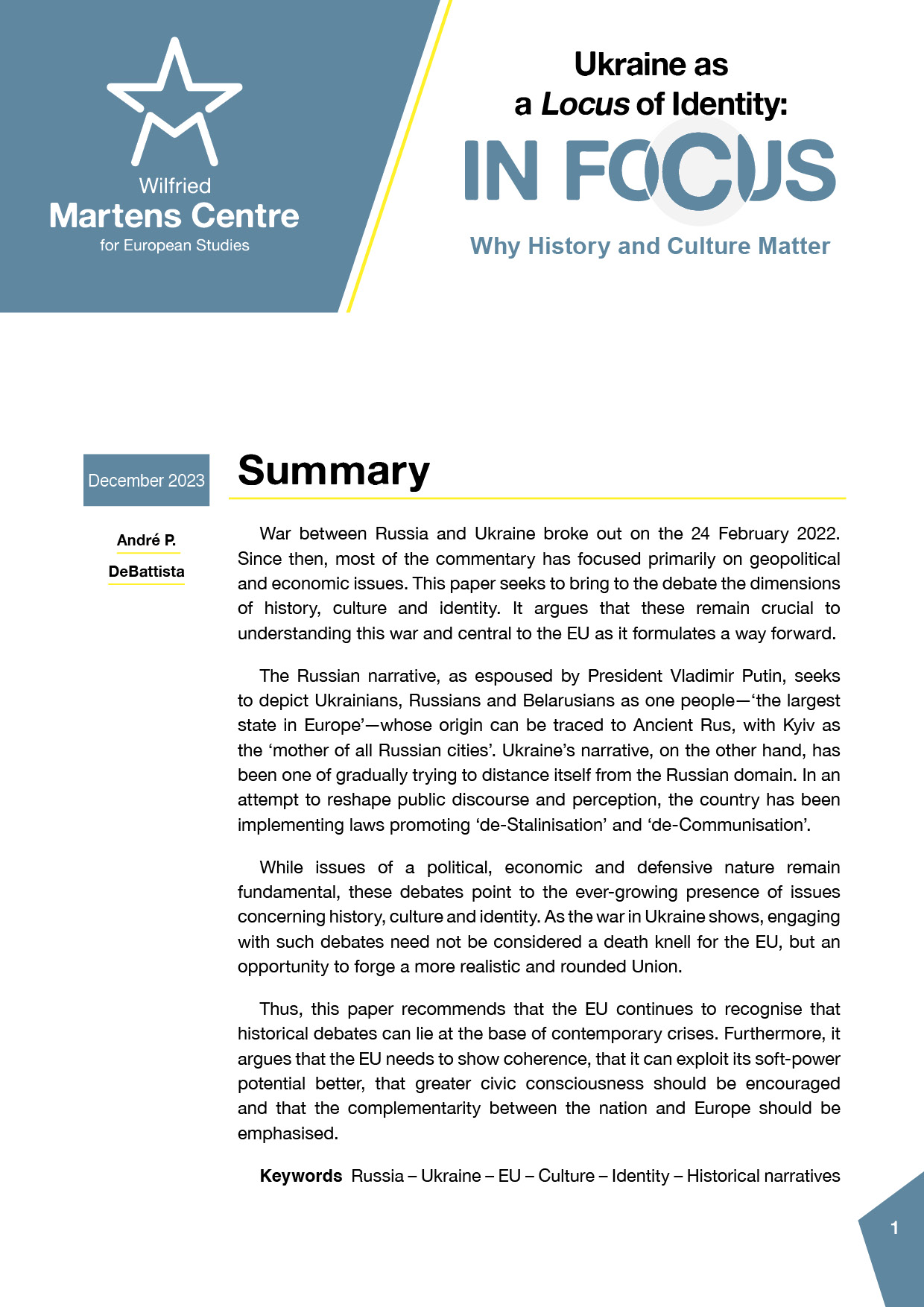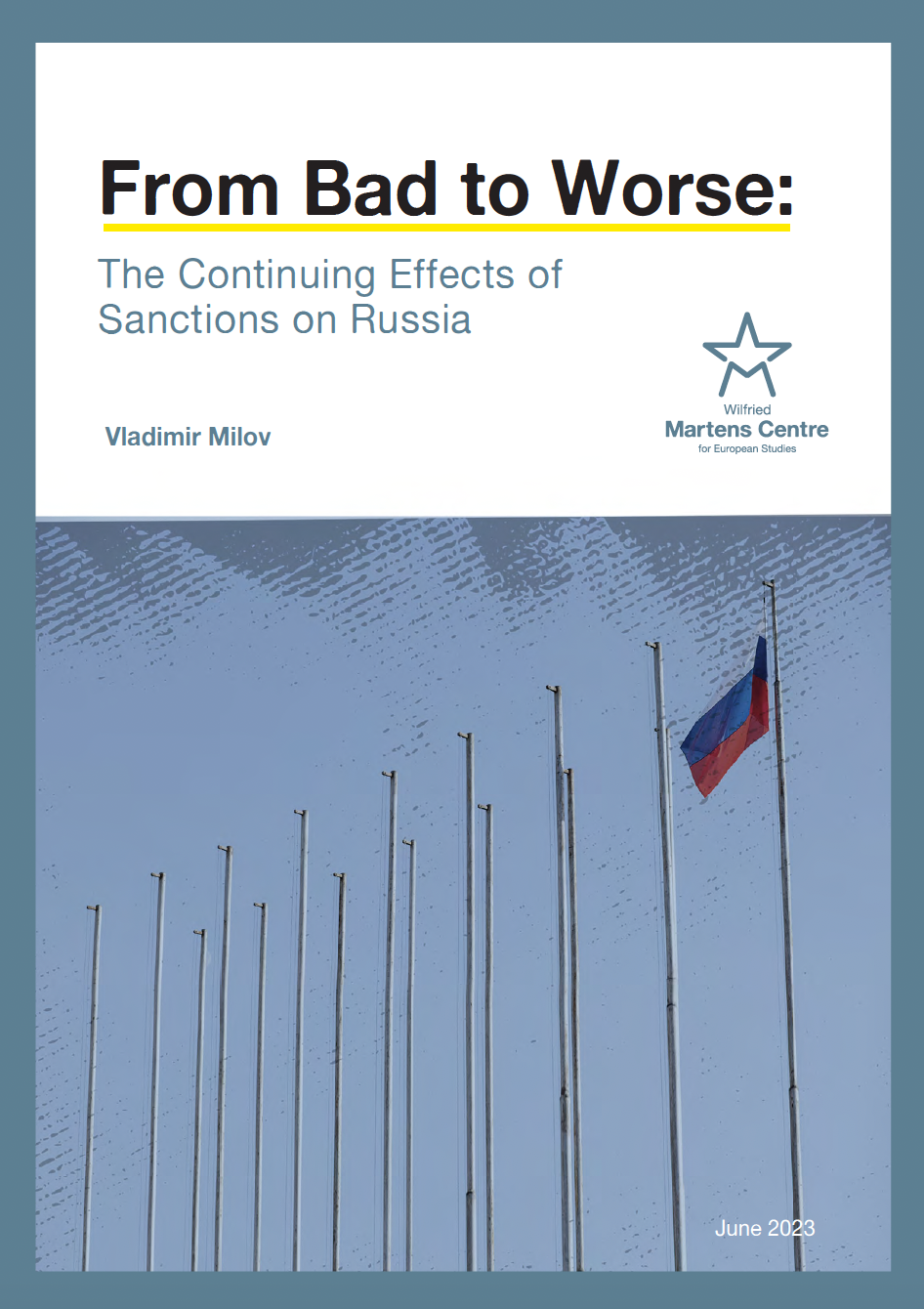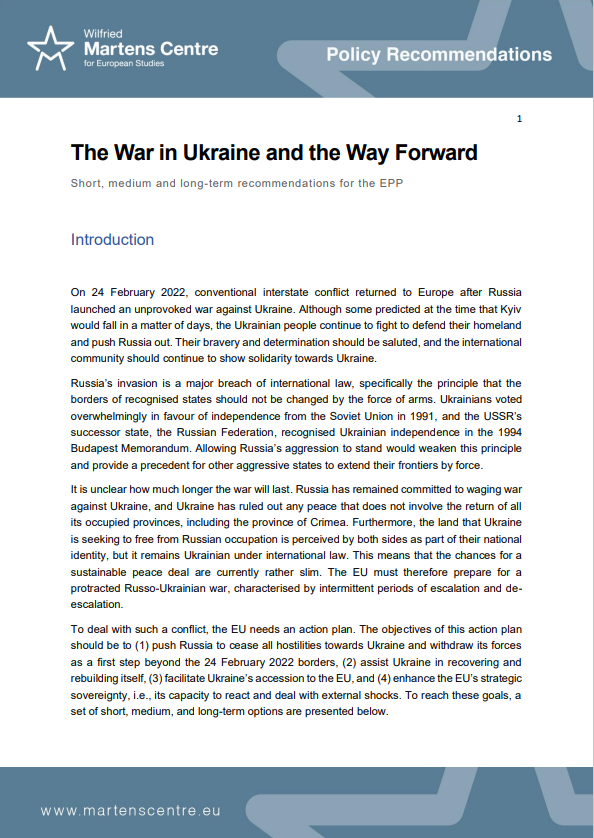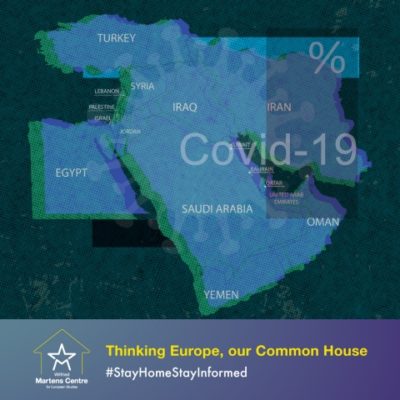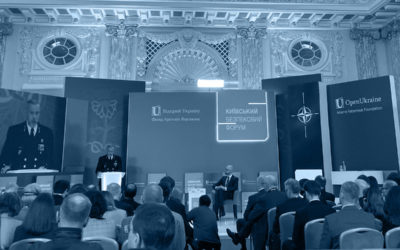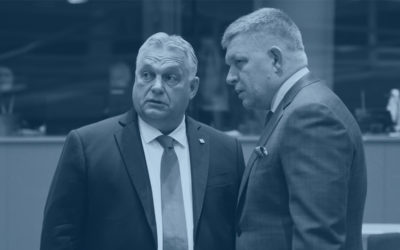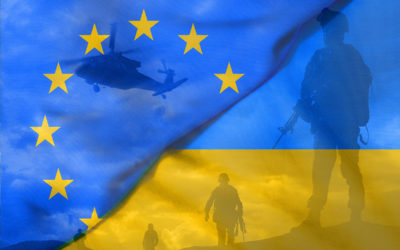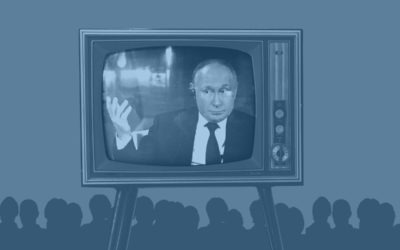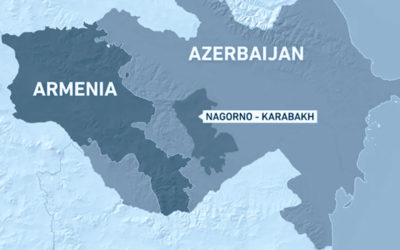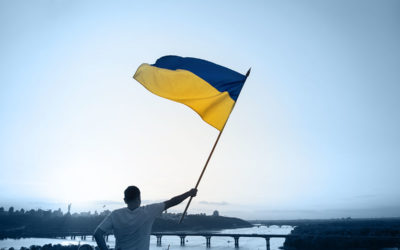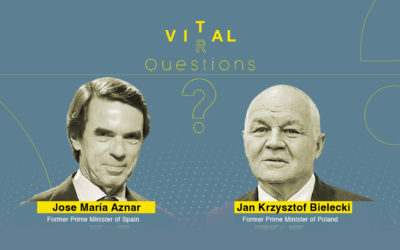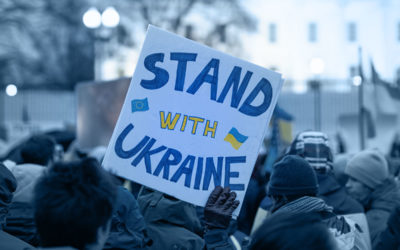Russia’s Covid-19 Time of Reckoning
27 April 2020
Russia’s situation regarding Covid-19 does not look good, by any definition. According to Worldometers, the country is currently ranked #2 by new cases (being surpassed only by the United States) and #7 by active cases. That said, one should bear in mind the extremely low reliability of Russian testing data. First, there are numerous recorded cases of people who fell ill with Covid-19 symptoms, receive negative test results, and are then tested repeatedly, and only after several tests do the results turn to be positive. The most outrageous cases include posthumous positive tests for people who died from coronavirus after having tested negative while they were still alive. Second, Russia only tests people who have returned from abroad, have clear symptoms or have contacted coronavirus-positive patients, while private testing of a broader (unlimited) range of people suggests that the number of infected is much higher than the official figures. Third, there are constant limitations with testing capacity – although Russia claims to have reached 150,000 tests per day, at times it is unable to operate at full capacity. Just recently, Moscow – the best-equipped region in the country – has reported a 25% drop in daily testing, due to a lack of auxiliary material (pipettes). Fourth, most tests are done in Moscow, and we don’t even know what the real picture is in the Russian regions.
Russian coronavirus mortality rates are relatively low (within the 1% range), but one should be warned against trusting them, due to multiple reports of corona-suspicious deaths being reclassified as ‘the flu’ or other diseases. I would advise against speculation on that topic until we are able to see the official mortality statistics for March-April by cause of death, which will allow us to track clear numerical anomalies.
In short, Russia is paying a heavy price for the authorities’ indecisiveness in introducing quarantine measures, the ambiguous nature of those measures, a poorly equipped health care system, and the extremely ineffective implementation of already introduced restrictions. For instance, the Russian web is flooded with videos of long lines, with thousands of people standing together – without any social distancing whatsoever – just to be checked by police for electronic passes before boarding subway trains. Or similarly, massive lines of people waiting to receive physical passes in regions where authorities didn’t really go digital in their restrictive measures. Or huge crowds of workers at factories, who are brought together after a working day for ‘sanitising’ measures. Ineffective bureaucracy doubles down on already severe infection risks. Russian hospitals are totally unequipped to handle Covid-19 patients in all regards – many reports on this from across the country can also be found on the web.
More serious are the economic motives for people to disobey quarantine rules. Vladimir Putin has declared five ‘non-working weeks’ until the end of April, but has never introduced any formal emergency, nor has he provided entrepreneurs with any compensation for this massive ‘paid leave’. According to a poll by the Center for Strategic Research, 30% of Russian employers have directly disobeyed Putin’s order and forced people to work; most of the others offered either reduced or no pay, or began firing people. A Higher School of Economics poll suggests that, as early as the beginning of April, 70% of Russians already felt declining incomes, of which 24% reported ‘total loss’ of income. The Government has been systemically refusing to provide meaningful and direct aid to ordinary citizens and SMEs – they have only pledged limited measures, about 70% of which are exemptions from payments due much later, and the remaining assistance is very hard to obtain due to administrative barriers.
In this situation, Russians are literally forced to get back to work as soon as possible – and two-thirds of the Russian regions have begun to partially reopen businesses and ease restrictions as early as the first days of April. This may have a catastrophic effect on the further spread of the Covid-19 pandemic in Russia. The latest news (April 23rd) is that Moscow has recorded a new spike in Covid-19 cases, by almost 30% in just four days.
It looks like Putin’s ineffective system of governance is taking a major toll on Russians in the midst of an unprecedented crisis, such as the one we are facing now. Political implications for Putin will be enormous: Russia is already tired of almost thirteen years of slacking economic growth, and six years of decline and stagnation of real incomes. Putin’s popularity was already worn out when Russia entered this crisis – now many people in the country are appalled by Putin’s lack of decisiveness and unwillingness to aid people and a collapsing economy. Consequences will inevitably follow.
ENJOYING THIS CONTENT?


